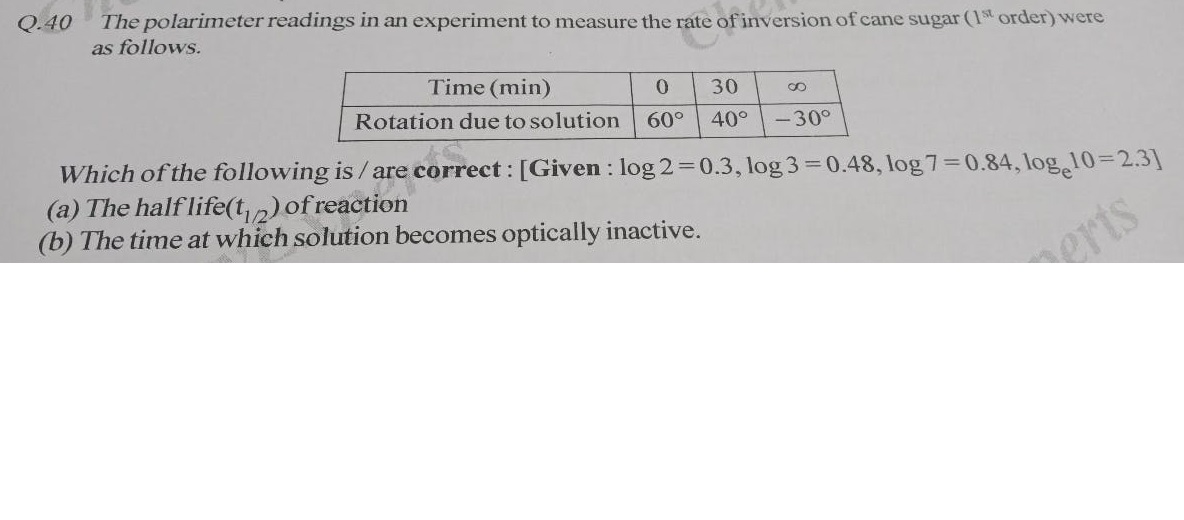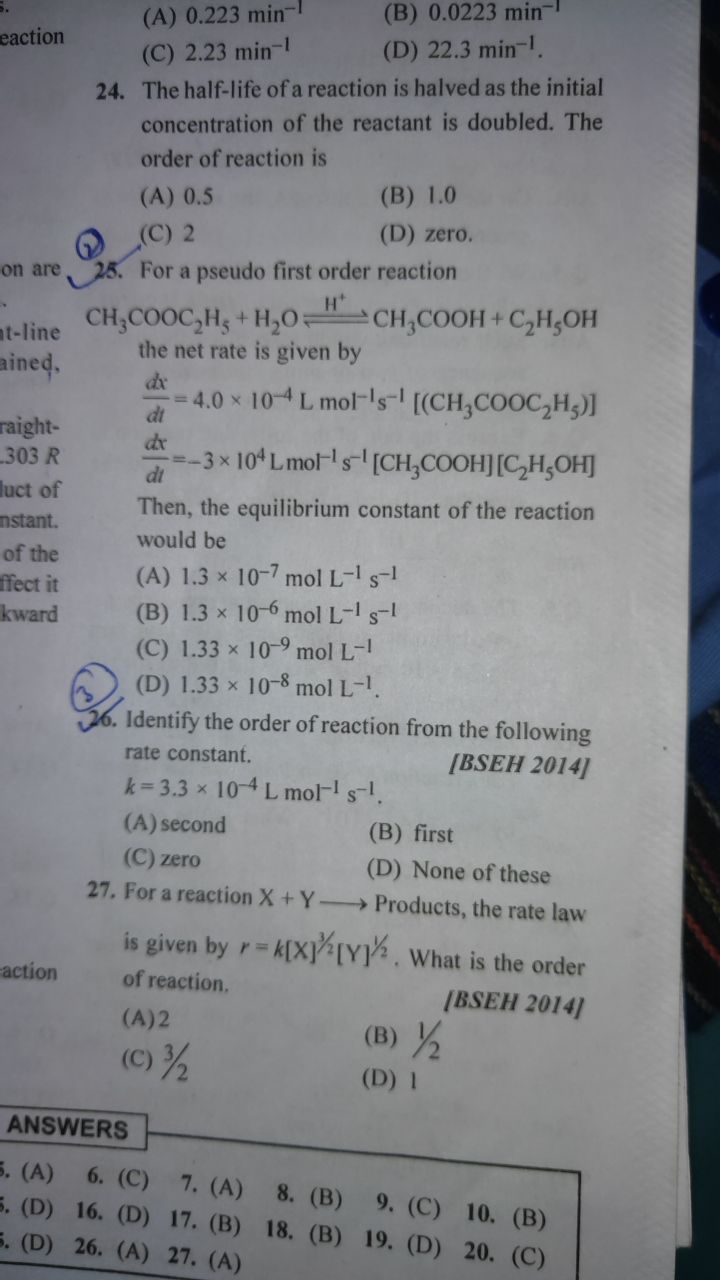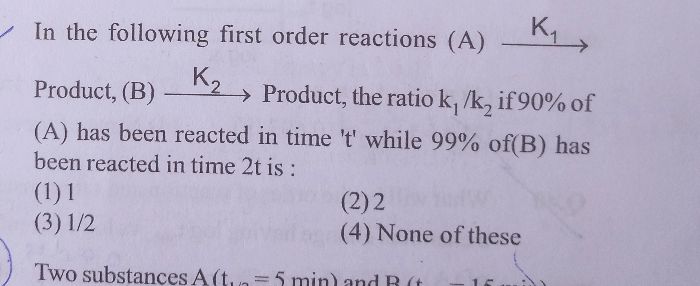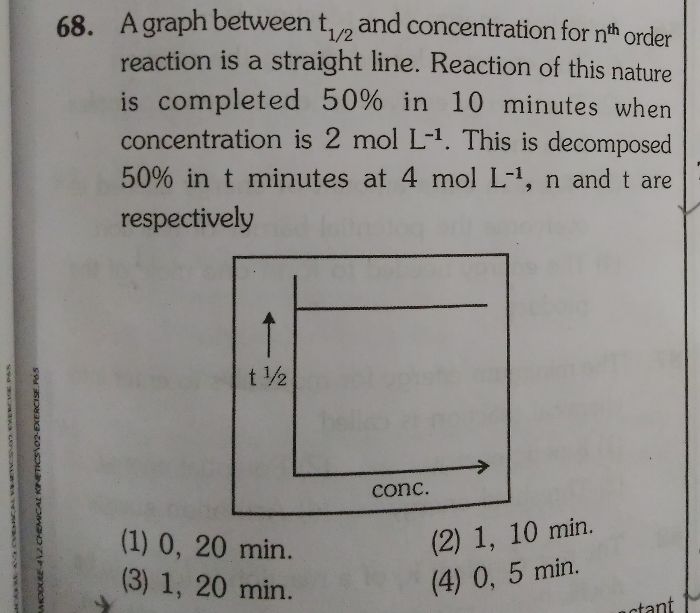CBSE Class 12-science Answered
Asked by Praveen Kumar | 02 May, 2014, 08:08: PM
The temperature at the bottom of a lake whose upper surface has frozen to ice would be around 4 degrees centigrade (option c). This is because as the water cools to this temperature it reaches its maximum density so will tend to drop to the bottom of the lake. The water above may then cool further & freeze, but this 'heavy' layer will stay at the bottom, insulated by the layers of water above. This is essential to the survival of fish etc, as otherwise in cold weather ponds/lakes could freeze completely.
Answered by | 05 May, 2014, 11:21: AM
Concept Videos
CBSE 12-science - Chemistry
Asked by bhadauriyax | 30 Nov, 2023, 06:23: PM
CBSE 12-science - Chemistry
Asked by rahulbiswal946 | 08 Nov, 2023, 07:01: PM
CBSE 12-science - Chemistry
Asked by mishraridhi2020 | 23 Jun, 2022, 09:16: AM
CBSE 12-science - Chemistry
Asked by cjam41665 | 10 Oct, 2021, 12:56: AM
CBSE 12-science - Chemistry
Asked by arshbhatia0809 | 22 Jul, 2021, 09:47: PM
CBSE 12-science - Chemistry
Asked by amitkumar.cis | 14 Jan, 2021, 12:40: PM
CBSE 12-science - Chemistry
Asked by Surendersingh0493 | 18 Oct, 2020, 02:05: PM
CBSE 12-science - Chemistry
Asked by khandarev3580 | 10 Oct, 2020, 10:54: AM
CBSE 12-science - Chemistry
Asked by rchaitra1204 | 07 Sep, 2020, 09:43: AM
CBSE 12-science - Chemistry
Asked by dr.akanksha0411 | 07 Aug, 2020, 11:56: AM










